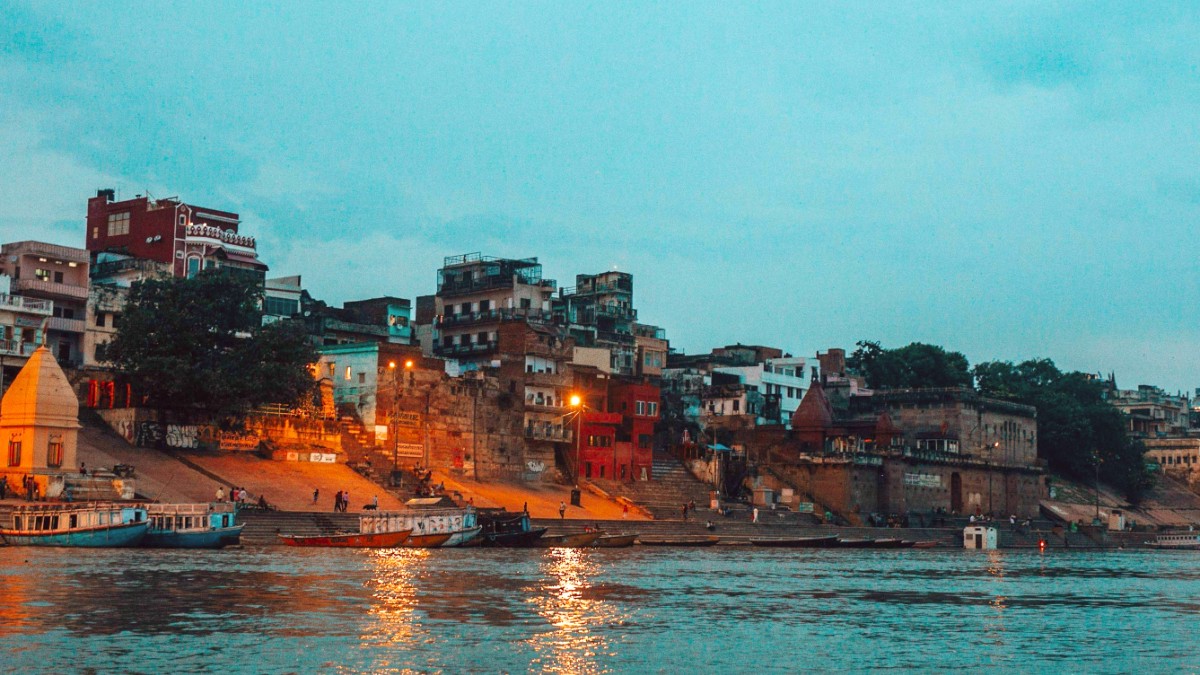
Uttar Pradesh, India
Varanasi, an ancient urban center, faces environmental challenges. The Ganges River, its spiritual heart, stands subject to national conservation efforts like the "Namami Gange Programme," a mission by the Indian government aimed at cleaning and rejuvenating the river.
Waste management presents a substantial challenge. Minimize your plastic consumption. Carry a reusable water bottle and refill it from trusted filtered sources (many hotels provide this). Bring a reusable shopping bag for market purchases. Decline plastic straws and disposable cutlery when possible. Dispose of waste in designated bins.
Varanasi's profound spiritual and cultural meaning calls for a mindful approach to interactions and spending. Your choices contribute directly to the local community.
Observe and respect local customs, specifically at sacred sites and during ceremonies. Modest attire and quiet observation honor traditions.
Your financial contributions can directly aid the local economy and communities.
Stay aware of potential scams and harmful practices to ensure a safe and ethical trip.
Embrace sustainable purchasing habits to lessen your environmental footprint and promote ethical commerce.
Support efforts that work to preserve Varanasi's unique heritage and environmental resources.
Support initiatives for classical music, arts, traditional crafts (like silk weaving), and architectural heritage.
Avoid contributing to river pollution; make offerings in an environmentally conscious way, ideally using biodegradable materials.
Consider supporting global conservation efforts through sites like The Rainforest Site (GreaterGood).
Politely but firmly decline interactions with individuals who attempt to exploit tourists. Direct engagement with child beggars inadvertently encourages begging; instead, donate to established local charities that support children's welfare or education. Your conscientious actions strengthen responsible tourism.
Embrace the opportunity for deep cultural immersion by observing local norms. Your thoughtful choices, from respecting sacred sites to supporting local livelihoods, significantly enhance the authenticity and positive outcome of your visit. Carry a reusable water bottle and shopping bag to lessen plastic waste and support local environmental efforts.